
The Small Business Owner's Guide to Bankruptcy
Know Your Legal Rights, Recover from Mistakes and Start Over Successfully
Read or listen offline
Recommendation
If small business bankruptcy is on your mind, you may be experiencing a few sleepless nights. Rather than reaching for the sleeping pills, stay up with this clear, brief and sympathetic introduction to bankruptcy laws and how they function. The authors, attorneys Wes and Wendell Schollander, walk the small-business owner through a typical bankruptcy, pointing out the traps to avoid. You do not need to read it from cover to cover since most chapters stand alone. Although that results in some repetition, getAbstract recommends this book both to small business owners in a financial jam or those who are worried they might be, and to anyone who wants to understand bankruptcy basics without paying for a single billable hour of attorney time.
Summary
About the Authors
Wendell Schollander, a graduate of the University of Pennsylvania and Duke University Law School, has practiced corporate and bankruptcy law for 30 years. Wes Schollander is a graduate of the University of North Carolina and Wake Forest University Law School. Both authors practice law in Winston-Salem, NC.








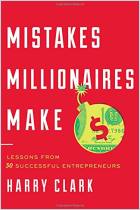
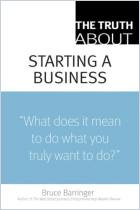
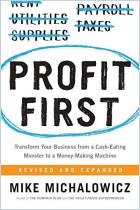
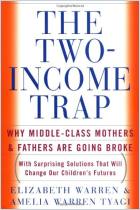
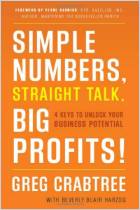
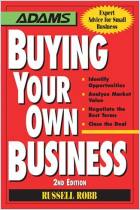





Comment on this summary or Начать обсуждение